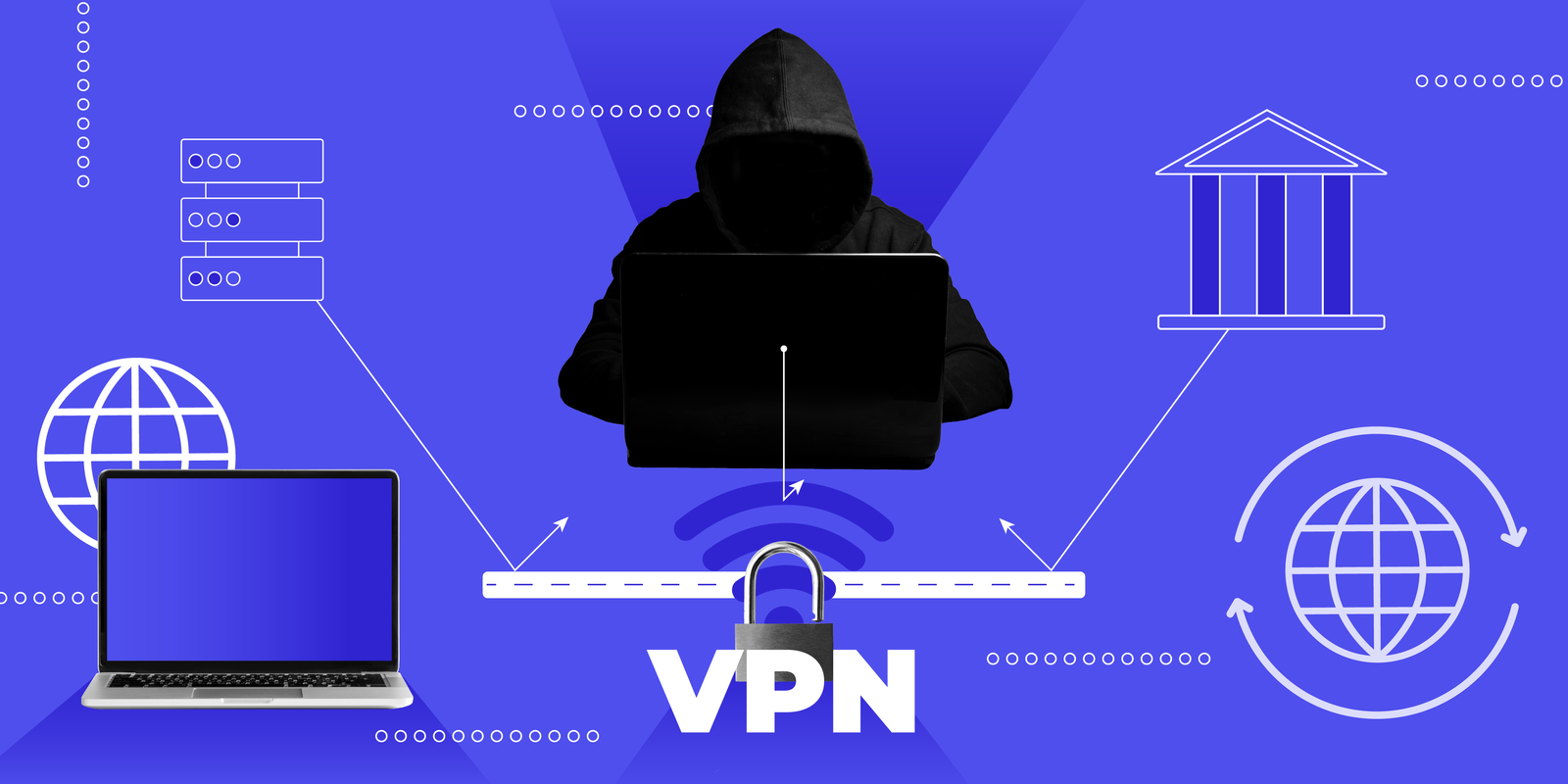In an era where digital connectivity is ubiquitous, the significance of Virtual Private Networks (VPNs) cannot be overstated. These tools have become essential safeguards for individuals and businesses alike, providing a layer of security and privacy that is increasingly crucial in our interconnected world.
Enhanced Security: VPNs create a secure and encrypted connection between a user’s device and the internet. This encryption ensures that the data transmitted is protected from potential cyber threats, such as hackers and malicious entities seeking unauthorized access.
Privacy Protection: One of the primary benefits of using a VPN is the preservation of online privacy. By masking the user’s IP address and routing their internet traffic through a secure server, VPNs shield individuals from invasive tracking, monitoring, and data collection by ISPs (Internet Service Providers) and other entities.

Safe Browsing on Public Networks: Public Wi-Fi networks, while convenient, are often vulnerable to security breaches. VPNs offer a secure way to browse the internet, even on public networks, by encrypting the data exchanged between the user’s device and the VPN server.
Access to Restricted Content: VPNs allow users to bypass geo-restrictions and access content that may be restricted or censored in their region. This is particularly valuable for individuals seeking unrestricted access to websites, streaming services, or other online resources.
Remote Work and Business Security: With the rise of remote work, VPNs have become indispensable for securing sensitive business communications and data. They establish a secure connection for remote employees, ensuring the confidentiality of company information regardless of their location.

Protection Against Cyber Threats: VPNs serve as a powerful defense against various cyber threats, including man-in-the-middle attacks, phishing attempts, and other forms of online exploitation. By encrypting data, VPNs minimize the risk of unauthorized interception and manipulation.
Anonymous Online Presence: VPNs provide users with a level of anonymity by concealing their IP addresses. This feature is particularly important for individuals who prioritize online anonymity and wish to protect their identities from websites and online services.
Securing Sensitive Transactions: When conducting financial transactions or accessing sensitive information online, VPNs add an extra layer of security. The encryption they provide ensures that personal and financial data remains confidential, reducing the risk of identity theft and fraud.
In conclusion, the importance of VPNs lies in their ability to fortify online security and privacy in an age where digital threats are pervasive. Whether for personal use, remote work, or business operations, integrating a VPN into one’s online practices is a proactive step towards maintaining a secure and private digital presence. As our reliance on the internet continues to grow, the role of VPNs will remain central to fostering a safer online environment.
